Video: Political Café The World After COVID-19
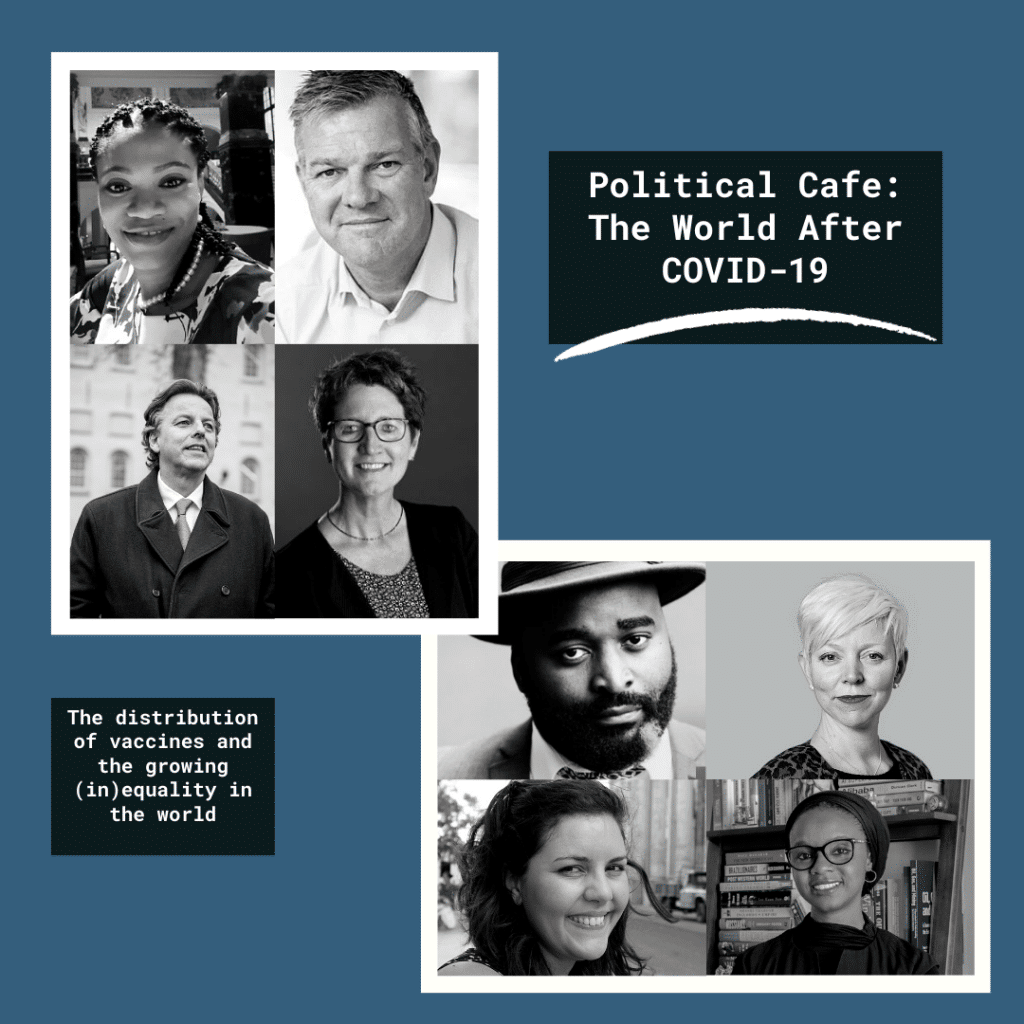
Political Café The World After COVID-19: on the distribution of vaccines and the growing (in)equality in the world.
Moderated by Kiza Magendane with:
➡ Bert Koenders, former Dutch Minister of Foreign Affairs;
➡ Marc Kaptein, Country Medical Director at Pfizer Netherlands;
➡ Mariëlle Bemelmans, Wemos director;
➡ Zainab Usman, Director of the Africa Programme at the Carnegie Endowment for International Peace;
➡ Kirsten van den Hul, Member of Dutch Parliament;
➡ Faten Aggad, senior advisor to the African Union High Representative on Future Relations with the European Union;
➡ Bernice Chukwumba, programme assistant at WECF International
Let Me Say This - Bohdan Ferens

Video: Democracy
This February we, together with the Forum of European Progressive Studies, launched the first video of the new project "Let Me Say This". This month's changemaker is Bohdan Ferens!
Produced in cooperation with Makmende Media each video starts with the words "Let Me Say This...".
Support the FMS!
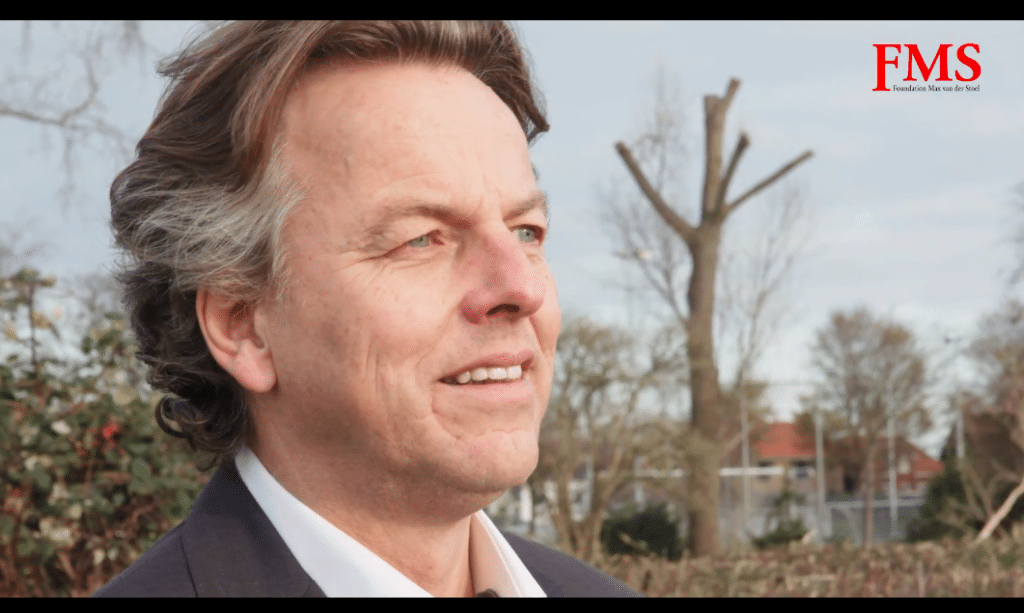
Support the FMS!
The impacts of climate change in Africa
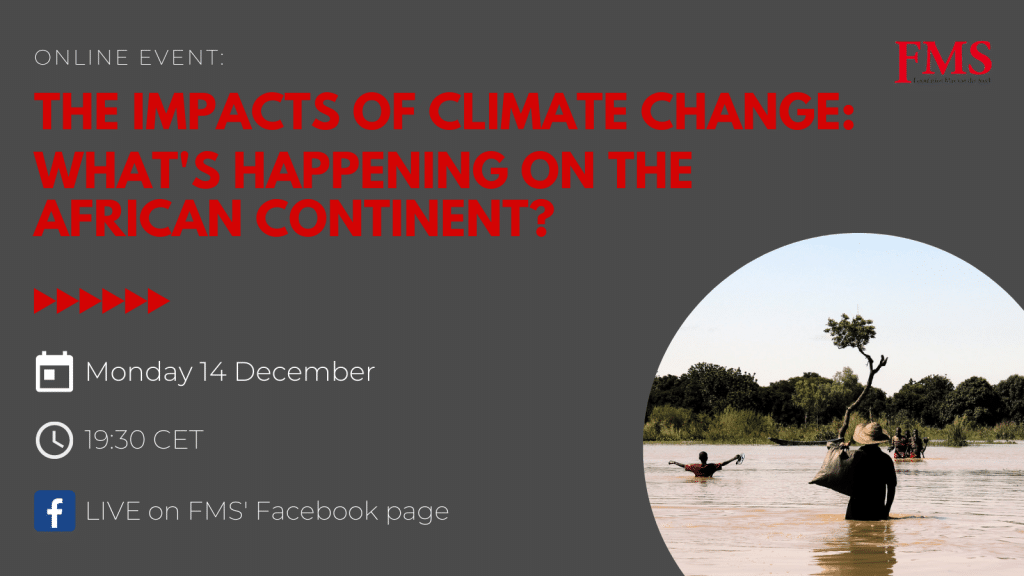
Last Monday, we were live on Facebook with Andrew Mambondiyani, Hala Burma, Irene Dankelman, Laurie van der Burg and Kirsten Meijer to discuss the impacts of climate change on the African continent. Why is that African people are hit so hard by climate change? What is the impact they see and feel? What can we do in the Netherlands to support these people? And why is it so important to also look at gender in this regard?
The impacts of climate change: what's happening on the African continent?

The climate is changing: it's getting hotter, we experience periods of droughts alternated with heavy rainfall and extreme weather. In the Netherlands, this means that we can enjoy our beaches more during the summer, that we have less snow and more rain in the winter, and will there ever be another Elfstedentocht for iceskating? We adapt to these circumstances, buying air conditioners for in the summer and preparing our rivers to take up more water. The impacts of climate change are not really hindering our lives... yet.
Climate justice: Hydropower and energy in Zimbabwe
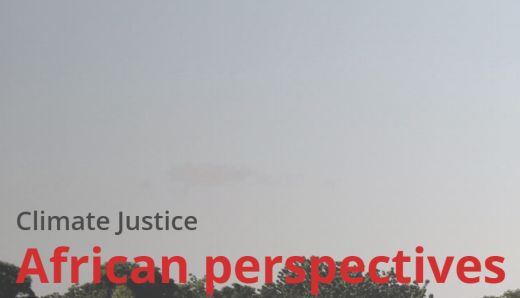
Hydropower is Zimbabwe's main source of energy. In a country where only 40-45% of the population has access to energy, this source is now also threatened by climate change. Thus, power cuts are becoming more frequent. This has major implications for the people of Zimbabwe and the country's economy.
Online Political Café: the future of Belarus
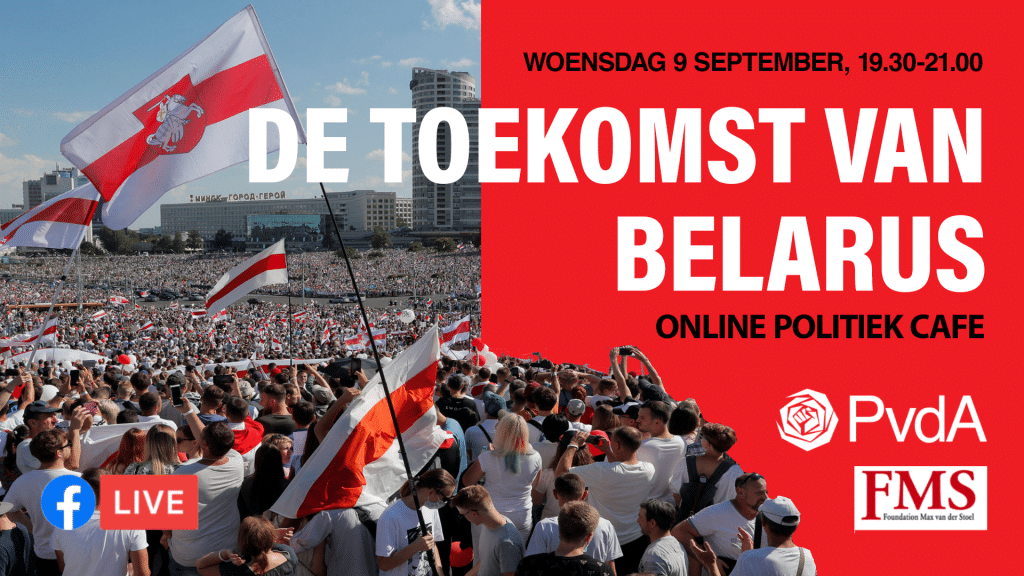
There is something unusual going on in Belarus (Belarus). Presidential elections were on 9 August and once again Lukashenko, who has been in power since 1994, won the election. But, the population is moving and speaking out and the regime seems to be under pressure more than in other years.
FMS Portrait Series: Diaspora in Focus with Milka Yemane

As FMS, we value our collaboration with people from the diaspora. It provides diverse perspectives and indispensable insights. Through the 'Diaspora in Focus' portrait series, we want to introduce you to some of the people we work with. And in case you've known them for a long time, maybe you'll come [...]
FMS Portrait Series: Diaspora in Focus with Milka Yemane

As FMS, we value our collaboration with people from the diaspora. It provides diverse perspectives and indispensable insights. Through the 'Diaspora in Focus' portrait series, we want to introduce you to some of the people we work with. And in case you've known them for a long time, maybe you'll find out something you didn't already know about them!
Senegal: High employment aspirations and high unemployment rate

In Senegal, youngsters generally have very high employment aspirations. Becoming a lawyer, data scientist, or doctor are examples of answers of primary and secondary school students during our last interview in Dakar. At the same time, high unemployment rates of highly-educated individuals are prevailing, and the state aims to educate more young people (Boccanfuso et al. 2015: 2). Therefore, it seems as if the current education is not entirely in the interest of the labour market. With this assumable paradox, the question arises: what is the role of education? To understand this, we need to have a more significant understanding of the context of Senegal's education and how it is affected.

